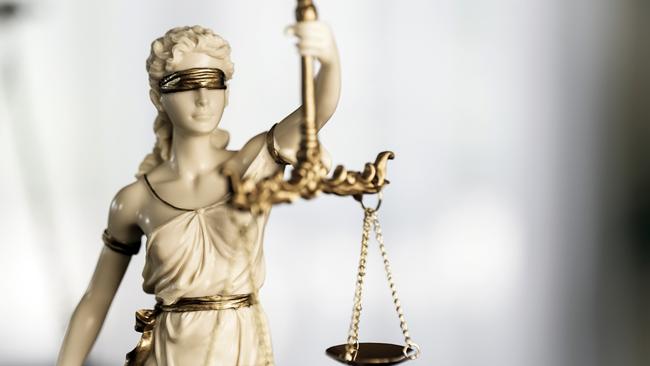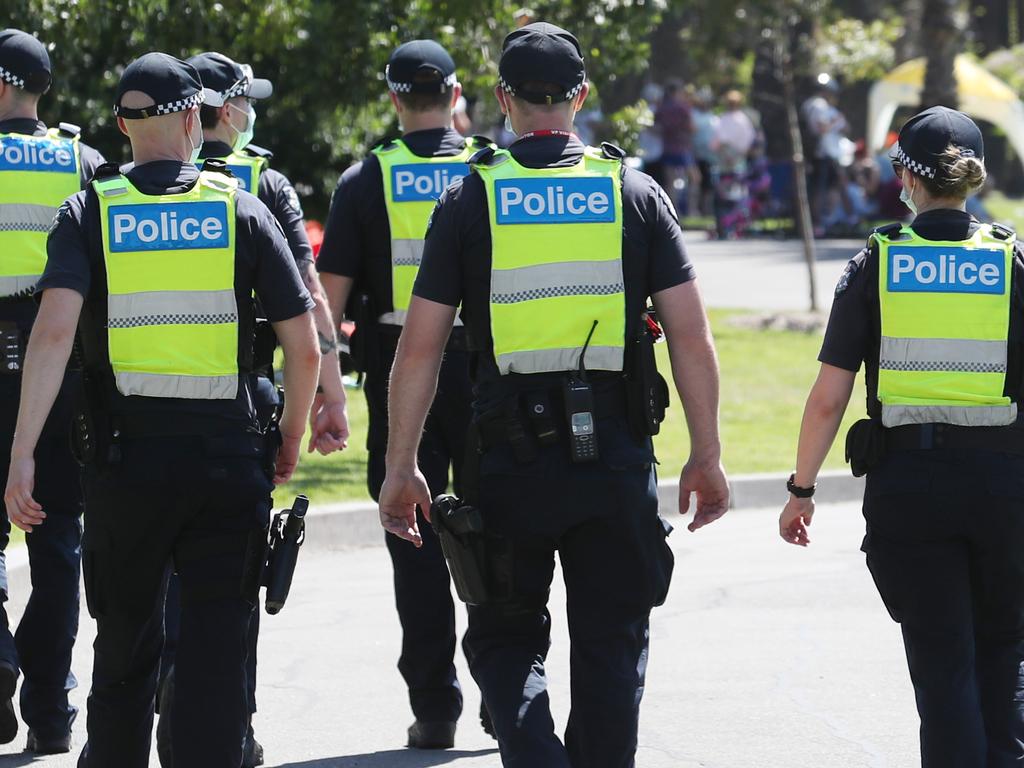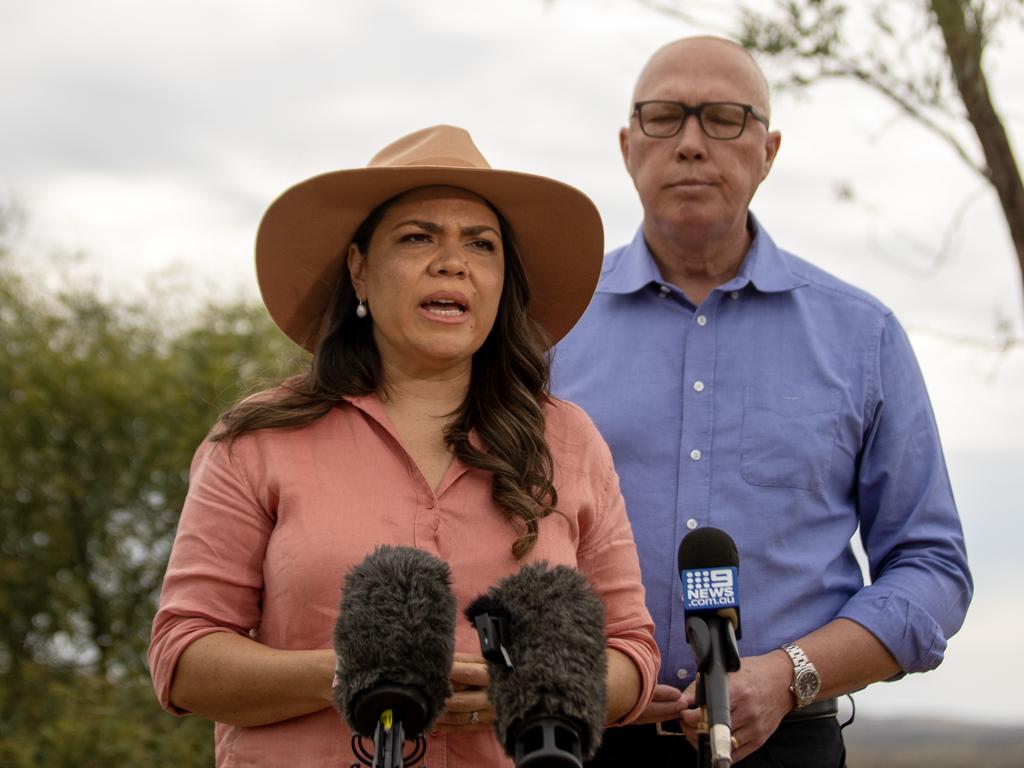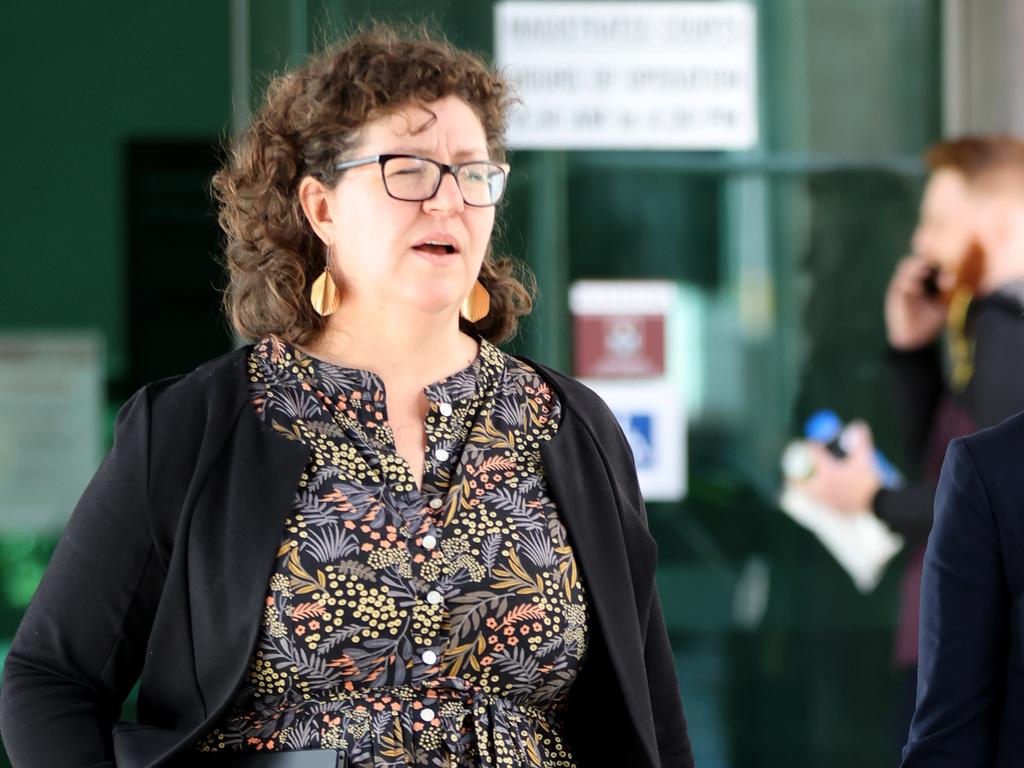Governments should consider if Indigenous defendants should be heard by ‘mixed jury’, new report finds
Governments should consider giving Indigenous defendants special rights to be heard by a mixed jury of half Indigenous Australians.

Governments should consider granting First Nations defendants special rights to be heard by a mixed jury of half Indigenous Australians, according to a report commissioned by a peak judicial body and backed by a Northern Territory Supreme Court judge as “ground breaking”. The report made strong recommendations that a national inquiry be launched immediately to remedy chronic under-representation of Indigenous jurors.
The inquiry, held by the Standing Committee of Attorneys-General, would also consider whether express rights should be given to Indigenous defendants to allow them to be heard by Indigenous jurors, after the researchers criticised the Territory Law Reform Committee for failing to assess the benefits of a structured mixed jury before ruling it out.
The report, written by University of NSW researchers Jill Hunter and Sharleigh Crittenden and published by the Australasian Institute of Judicial Administration, was championed by sitting NT Supreme Court judge and AIJA president Jenny Blokland, who congratulated Professor Hunter and Ms Crittenden on producing a report that makes recommendations for “positive change”
“The long-standing barriers to Indigenous representation on juries must be urgently addressed if the administration of justice is to have any credibility in the parts of the community most affected by its decisions,” she wrote.
“The AIJA Council resolved to directly commission this work, as although the issue is not new, the lack of reform in the past has led to sharp and justifiable criticism of the existence of being tried by ‘ones peers’.
“The failure to address the barriers to first peoples’ representation on juries, as the Report makes plain, has long been acknowledged in legal, judicial and policy circles. This failure must not continue.”
The researchers said there was a “strong argument” to restructuring Australian jury representation to “affirmatively include First Nations jurors” and put forward three models to do so.
One model raised was “juries de meditate linguae” – a method granting a minority defendant the right to be tried by a jury comprised half of that minority.
The researchers backed this method as having a long “historical heritage” that could “increase the inclusion of racial minorities on juries”. “The jury de meditate originally entitled Jews in medieval England to special mixed juries, made up half of Jews and half of Englishmen,” they wrote, noting the method is used in Argentina to boost the representation of Indigenous jurors.
“While this form of mixed jury was abolished in England in 1870, it continued to operate beyond that time in Australia and elsewhere. The de meditate linguae was recognised and applied in both South Australia and Queensland.”
These juries were employed in at least two separate Australian trials concerning Chinese defendants in the 1800s: the Melbourne trial of Ah Toon and the Northern Territory trial of Ah Kim.
“The right was expressly abolished in legislation in Tasmania in 1913, followed by South Australia and Queensland in 1917 and 1923,” the report reads. “The Northern Territory did not expressly abolish juries de meditate linguae until 1962.”
The researchers criticised the NT Law Reform Committee for not properly analysing how employing juries de meditate linguae in trials regarding Indigenous parties could boost inclusion, before ruling it out in 2013.“(The NTLRC) was unpersuaded to apply the option to Indigenous Australians, saying it would ‘tend to isolate Aboriginals’,” the report said.
“However, their brief analysis did not engage with the original rationale of this structure, and hence, nor with its capacity to stimulate inclusion.”
The researchers identified the under-representation of Indigenous Australians on the electoral role as a key reason for their absence on juries.
Previous criminal convictions and failing to respond to jury summonses were also noted as barriers to the inclusion of Indigenous jurors.
“Legislation can correct many of the points of disproportionate and inappropriate impact on potential First Nations jurors identified by this report,” the researchers wrote.
“However, we recommend a full-scale evaluation process be undertaken with broad Indigenous community consultation. Principles of self-determination require that Indigenous voices and perspectives lead and shape changes to make equality of Indigenous representation on juries an everyday reality.”
AIJA commissioned the report following the trial of senior constable Zachary Rolfe who was found not guilty of murdering Kumanjayi Walker by a jury of white Australians.
Eminent land rights barrister Tony McAvoy SC, who was in the NT at the time and wrote the foreword to the report, said the case was an example of a “knot in the Australian justice system which must be untangled”.
“That trial was conducted before a jury that did not include a single Aboriginal person. That fact attracted some media attention when the jury was sworn in and a lot more attention when a not guilty verdict was returned,” Mr McAvoy said.
“For my own part, there can be no justification that permits a First Nations person in the Northern Territory to be tried before an all-white jury. First Nations people make up approximately one-third of the Northern Territory population.”







To join the conversation, please log in. Don't have an account? Register
Join the conversation, you are commenting as Logout